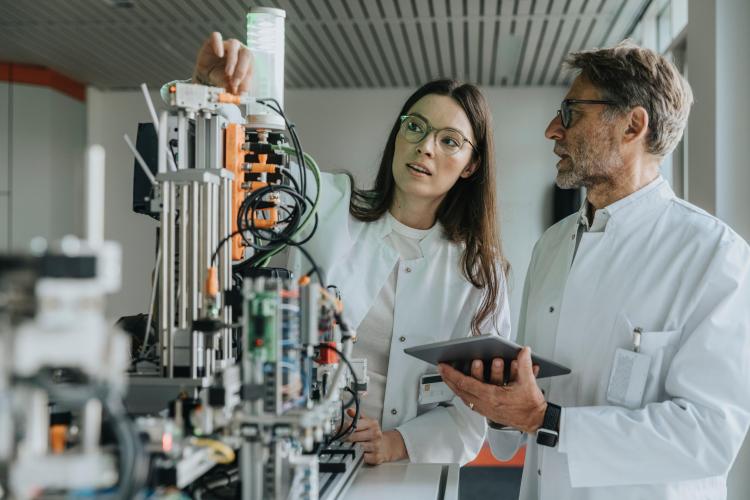Boosting learning, saving energy
Rome is a city filled with history. Its heritage buildings are treasures for art lovers and tourists alike — but less so for students. Many schools in Rome date to the 19th century, and some of them are run down, badly insulated and poorly equipped to face a changing climate.
That is why Rome is now making its biggest investment in education renovation in decades, with the goal of making over 200 schools more energy efficient and sustainable.
“Complex upgrades are particularly difficult,” says Linda D’Amico, an architect in Rome’s Public Works and Infrastructure Office. Because antique buildings need to be protected and preserved, the rules for doing this work are stricter.
Rome has 1 144 nurseries, kindergartens, and primary and lower secondary schools. These schools account for as much as 95% of total municipal energy use, so a good energy efficiency programme will save money and cut emissions. “School buildings are voracious energy consumers,” says D’Amico. “Energy-saving measures can reduce pollution and have a major impact on the public budget, thanks to reduced costs for heating and lighting.”
The renovation was funded by grants from the Italian government, EU funds under an Italian national plan for cities called PON Metro, and a €150 million line of credit from the EIB in February 2023.
The city requested advisory support from the EIB to devise a plan and make the most of these resources. “Our comprehensive set of technical, financial and methodological advisory services will help the City of Rome implement and monitor this project in a timely manner,” says Alexander Linke, a senior EIB finance advisor who worked on the project.
That advisory support helped city officials overcome key challenges.
“The cooperation with EIB Advisory colleagues has helped the City of Rome face its challenges,” D’Amico says. “The technical assistance has been crucial in translating even smaller building upgrades into lasting improvements to energy consumption, to the environment, and to the welfare of children,” she adds. “It is a true win-win collaboration.”
Continue reading...










